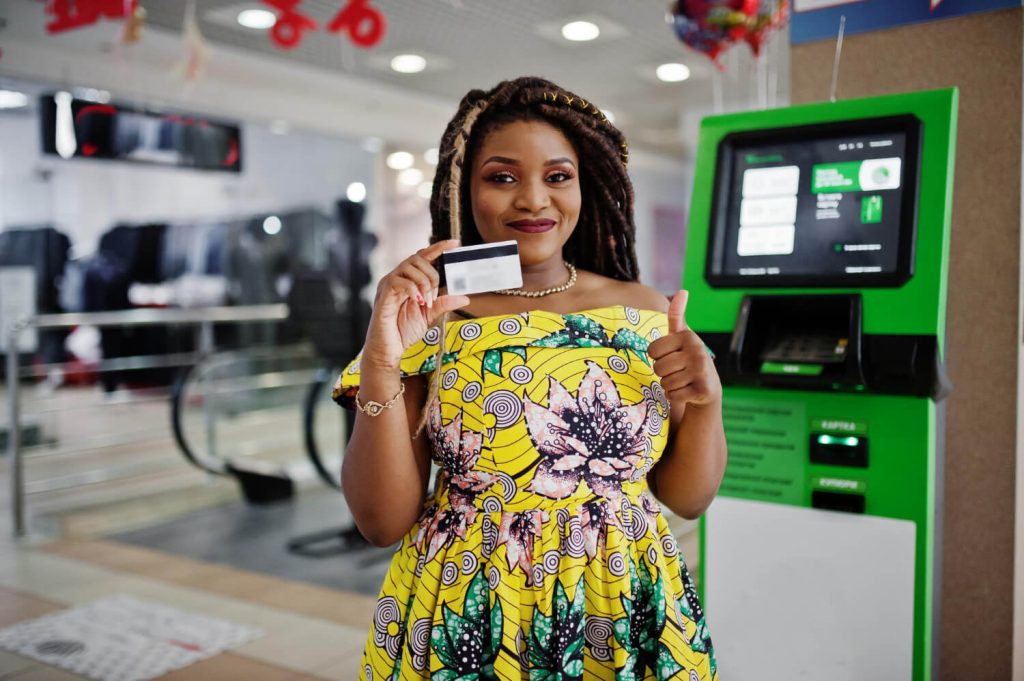Retail software can optimize inventory management, personalize customer interactions, and drive business growth. In this article, we’ll explore the essential features to look for in a retail management software solution.
Real-time Inventory Tracking
Retail software provides continuous updates on stock levels across multiple locations. Businesses can monitor inventory status, ensuring accurate data and allowing timely replenishment. With real-time visibility, retailers can prevent stockouts, reduce overstock situations, and maintain optimal inventory levels to meet customer demands.
Automated Alerts and Reordering
Generate automatic notifications for low stock levels to reorder products before they run out. Ensure high-demand items are always available, enhancing customer satisfaction and boosting sales. By integrating with suppliers for direct ordering, you can reduce manual intervention and streamlines the replenishment process.
Batch and Serial Number Tracking
Batch and serial number tracking is made to help manage product quality and expiration dates, to enhance inventory accuracy, support recall management, and ensure that only safe, high-quality products reach customers. This also facilitates regulatory compliance by maintaining detailed records of product movements.
Stock Transfers and Warehouse Management
Simplify stock transfers between locations, automatically updating inventory levels to maintain accuracy. Advanced warehouse management features, such as bin locations, picking, packing, and shipping, streamline operations and improve efficiency. These capabilities help retailers optimize space utilization, reduce errors, and speed up order fulfillment.
Demand Forecasting
Accurate demand forecasting helps retailers plan inventory more effectively. Retail management software should use historical sales data, market trends, and predictive analytics to forecast demand. This feature enables businesses to anticipate customer needs, reduce excess inventory, and minimize stockouts. By aligning inventory levels with demand patterns, retailers can improve profitability and customer satisfaction.
Automated Inventory Valuation
Calculate inventory value using various methods such as FIFO, LIFO, or weighted average, enabling precise financial reporting and helps businesses assess their financial health. Accurate inventory valuation also aids in making informed pricing and purchasing decisions.
Multi-channel Inventory Management
Retailers often operate across multiple sales channels, including physical stores, online platforms, and marketplaces. Retail management software supports multi-channel inventory management, providing a unified view of stock levels across all channels, with consistent inventory data, to prevent overselling and facilitate efficient order fulfillment.
Customer Relationship Management (CRM)
CRM features track customer interactions, purchase history, and preferences. This data helps businesses understand customer behavior, personalize marketing efforts, and enhance customer service. A robust CRM system fosters long-term customer relationships and drives repeat business.
Personalized Marketing Campaigns
Create and execute targeted marketing campaigns based on customer data. Tailor promotions, offers, and communications to individual customer preferences. Personalized marketing enhances customer engagement and drives sales.
Loyalty Programs and Reward Systems
Loyalty programs and reward systems incentivize repeat purchases and build customer loyalty. Retail management software should enable the creation and management of loyalty programs, allowing customers to earn points or rewards for their purchases. This feature encourages repeat business, increases customer retention, and enhances overall customer satisfaction.
Customizable Dashboards
Customizable dashboards provide a centralized view of key metrics and performance indicators. Detailed sales performance analysis, highlighting top-selling products, peak sales periods, and sales trends are features that help retailers identify opportunities for improvement and develop strategies to boost sales.
Integrated POS Solutions
Point of sale (POS) systems are support mobile money and card payments and streamline the checkout process, and is fully integrated with the CRM and dashboard analytics features for a robust overview of customer behavior.
Inventory Performance Metrics
Customer relationship management (CRM) is essential for building and maintaining customer loyalty. Retail software include CRM features to track customer interactions, purchase history, and preferences. This data helps businesses understand customer behavior, personalize marketing efforts, and enhance customer service. A robust CRM system fosters long-term customer relationships and drives repeat business.
Customer Relationship Management (CRM)
Customer relationship management (CRM) is essential for building and maintaining customer loyalty. Retail software include CRM features to track customer interactions, purchase history, and preferences. This data helps businesses understand customer behavior, personalize marketing efforts, and enhance customer service. A robust CRM system fosters long-term customer relationships and drives repeat business. The POS is also available on mobile, allowing staff to process transactions anywhere within and even outside of the store.
Sales Tracking and Reporting
Detailed sales reports and breakdowns can be generated as needed, including transaction history, sales by product, and sales by employee. This feature helps businesses monitor performance, identify trends, and make informed decisions.
Try our Retail Software Solution
Choosing the right retail management software is crucial for optimizing your operations, enhancing customer engagement, and driving business growth. By incorporating these essential features, you can transform your retail business and stay ahead of the competition.
With our expertise in retail software development, we offer a cutting-edge, scalable solution that seamlessly integrates with your existing systems and workflows. Don’t settle for generic solutions that may not meet your unique needs.
Contact us today to schedule a free demo at your retail outlet.
Book a free
bespoke demo
RELATED SECTORS
Legal Practice Sector
Streamlined case management, automated invoicing and bookings, and branded client portal for improved efficiency.
Transport Sector
Machine learning systems for efficient fleet management, dynamic route planning, and real-time tracking vehicle tracking.
Banking Sector
Secure and compliant solutions for streamlined operations, enhanced customer experiences, and innovation.



